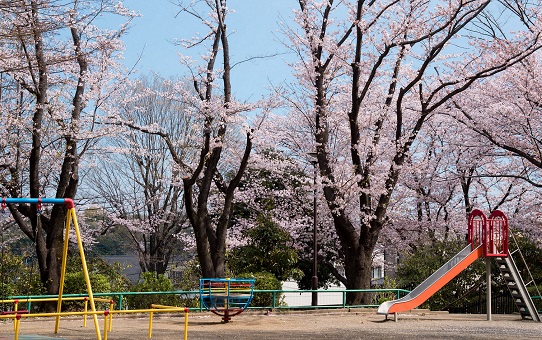How do the lockdown mesures prescribed to face the coronavirus pandemic in Spain affect children? Does the intended “deconfinement plan” address the needs and diversity of situations of the little ones?
GenTIC researcher Maria Rodó Zárate has published an opinion article in the periodical la Directa in which she reflects on the treatment of childhood in the coronavirus crisis management by the Spanish government and public administration systems, and by society as a whole. Maria Rodó Zárate highlights that the strict lockdown measures that Spanish authorities have imposed on children are based on an adult-centric perspective that has stigmatized this age group and has ignored their needs. The recently approved “deconfinement plan”, on the other hand, raises important questions concerning the rights and specific needs of children since it disregards aspects such as the right to play and relate with other youngsters.
The measures of lockdown and deconfinement proposed in Spain have not paid attention either to the fact that the particular situation of children differs depending not only on age but also on gender, social class, origin or special needs related with functional diversity, she affirms. Moreover, generations are interconnected and the well-being of different age groups is interdependent. Children, young people and the elderly, thus, should not be approached as opposed, separated groups.
To conclude, Maria Rodó Zárate underlines that the pandemic has evidenced the existing inequalities and discriminations by age, among other forms of inequality in our society, and hopes that this situation becomes an opportunity for minors’ voices to be heard and considered in decision-making henceforth.
Read the full article, in Catalan, on la Directa website.
